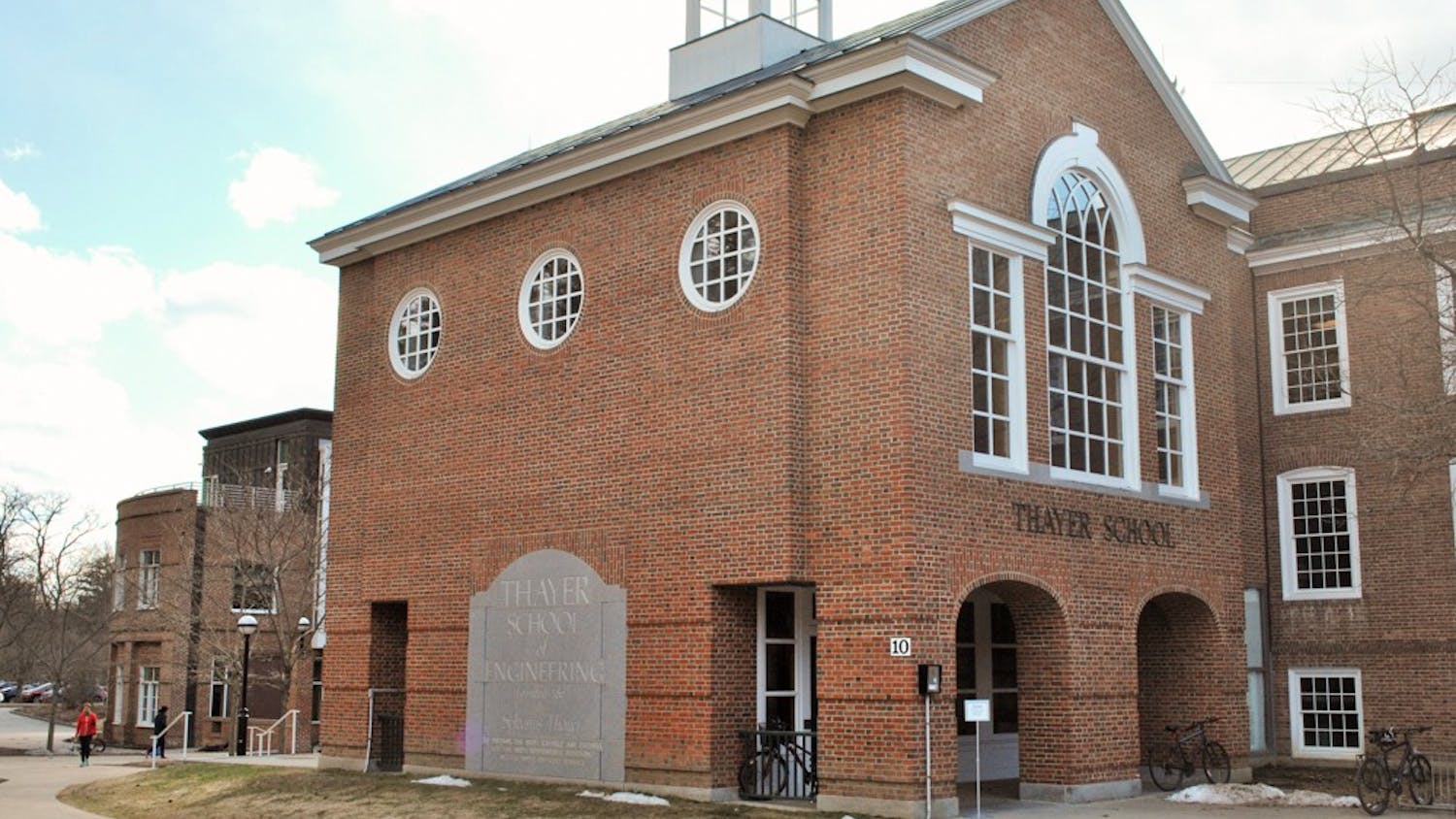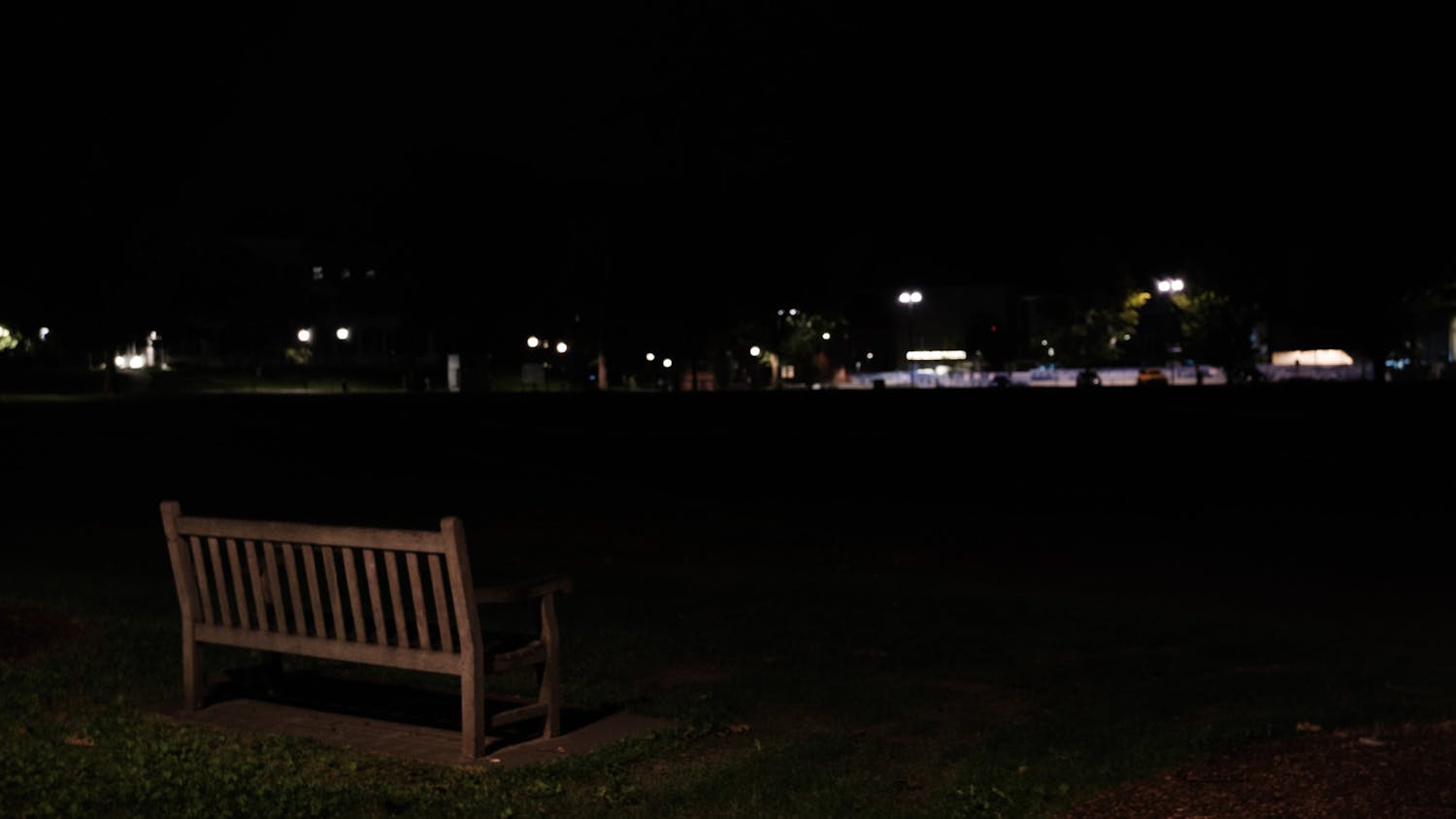Among possibly sweeping changes in store for the College's fining policy, students will no longer be fined for failing to complete their three P.E. courses by the seventh residential term, all dorm damage charges will be evaluated individually and all other fees and fines will be reviewed, clarified and restructured.
These changes were announced yesterday by Dean of the College James Larimore in response to a report on fines presented this summer by a special committee.
Prompted by student disapproval and confusion with the current fining system, a group comprised of students and administrators was formed last year to examine the problem.
The committee initially reviewed three specific areas of controversy: the Athletic Department, parking, and residence hall damage, with respect to the administration and motives of the fines.
Larimore, though not a member of the actual committee, said it was necessary to examine and clarify motives for certain fines such as the Physical Education non-completion fine because students expressed the sentiment that some fines appeared to be profit-motivated.
"We kept in mind the purpose of the fine and its effectiveness at achieving those goals," Shelly Sandell '01, a member of the committee, said.
Sandell, who was chosen along with Neha Shroff '02 by the Student Assembly to represent undergraduate opinions, said, "Our goal was to set up a policy for the campus for instituting fees and fines."
The group presented their findings and recommendations, which included a draft of the new, comprehensive policy, to Larimore and College Vice President and Treasurer Win Johnson late last summer for approval.
Originally, Johnson and Larimore were to review the recommendations and release their revision to the student body in the fall, but because of the Student Life Initiative, the release was delayed until now.
Larimore and Johnson reviewed the components of the recommendations that dealt with specific fines but have yet to finalize the general policy, citing the need for approval from the various departments involved, but do hope to have it ready for publication for the next Student Handbook, they said.
Larimore said the proposed policy was "terrifically helpful," and he and Johnson do not foresee any major changes being made to it.
However, Johnson said, "We can't just adopt a policy that hasn't been fully discussed with all the departments."
Larimore and Johnson were unable to offer the specifics of the policy but said it will include clarification of the reasons for fines and where revenue from fines goes.
In addition to the new policy and the non-completion fine, other DCAD fines were discussed, but no major changes were suggested. Other fines, such as those for withdrawal from a P.E. class after a certain date or failure to attend the required number of sessions for a class, will remain in effect.
The group also recommended the improvement of how fees and fines are labeled on student billings and the expediency with which students are billed, Larimore said. He also noted that sometimes fines are not recorded for weeks and the labels given them are often unclear.
This recommendation is in the process of being implicated, but "systems issues" are delaying improvements, Johnson said.
A recommendation for a major change in the billing of residence hall damage was proposed by the committee which called for the elimination of damages fines prorated to less than $10 per resident.
Larimore said he rejected this recommendation because he feels accountability for dorm damage is necessary to keep the problem to a minimum and to maintain a sense of ownership within each residential cluster.
However, he said the process by which damage fines are communicated to dorm residents will be improved from the way in which it was handled in the past.
Students have complained that often they are notified of a damage fine through an "anonymous message," with little explanation of the reason for the fine," Larimore said.
Johnson said in the future residence hall damage fines will "no longer be on auto-pilot," meaning that each infraction will be considered individually.
Out of the fees and fines committee, another group was formed to deal specifically with parking issues, a topic of much controversy for both the College and the town of Hanover.
The new committee includes Sandell and Shroff, religion professor A. Kevin Reinhart, graduate student Barry Balof, Assistant Director of Administrative Services and Parking Operations representative William Barr Jr., Tuck Director of Student Affairs Patricia Palmiotto, Cynthia Falzarano from the Alumni Fund, and Director of Audit and Advisory Services Terry Keane who was also on the original committee.
According to Sandell, the new committee has only met once so far but has plans for further discussion. She said she is unable to speculate on a potential timeframe for the release of a finding from the new committee.
Johnson noted the difficult nature of the task the parking committee is undertaking because of the varying opinions of faculty, staff and students on parking in general and equity in fine distribution.



